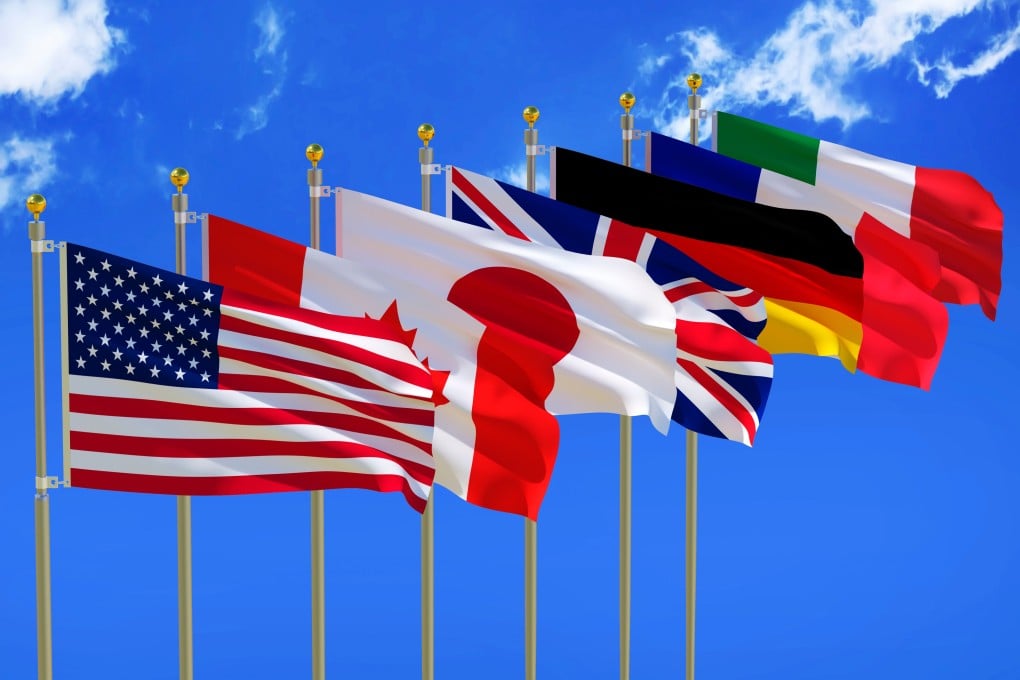My Take | How to translate Western diplomatic jargon
- Such terms and phrases as a rules-based system, de-risking, democracy vs autocracy, and coercive behaviour are not exhaustive but still expose obfuscation and double standards

Politicians campaigning for election love to use buzzwords and catchy phrases to explain what they stand for and what their policies are. They do that because they assume, probably rightly, that most voters have the attention span and intellectual comprehension of children.
Lately though, I notice that Western diplomats are doing the same thing by constantly citing well-worn phrases and words that seem to say something, but probably mean nothing or something else entirely. Think of them as verbal sleights of hand or deliberate misdirection.
Consider these common phrases and words that easily come to mind as Western leaders can’t seem to complete a sentence without them: a rules-based system, de-risking, democracy vs autocracy, and coercive behaviour. They are all usually used against China, though smaller but non-Western-compliant countries may also be cited.
If you think the old Chinese communist phrasing about “hurting the feelings of the Chinese people” was tiresome, let’s see if these Western phrases can pass the eye-rolling test.
A rules-based system
Notice a “rules-based system” doesn’t mean international law, rules and norms. If that were the case, Western leaders would simply have said “the international system”, which consists of such institutions as the United Nations, the World Health Organization, and the World Trade Organization. One reason is that many US politicians have nothing but contempt for them. Another is that Western nations routinely ignore or breach their rules and rulings, but happily cite them when they are against what I call non-Western-compliant countries.

